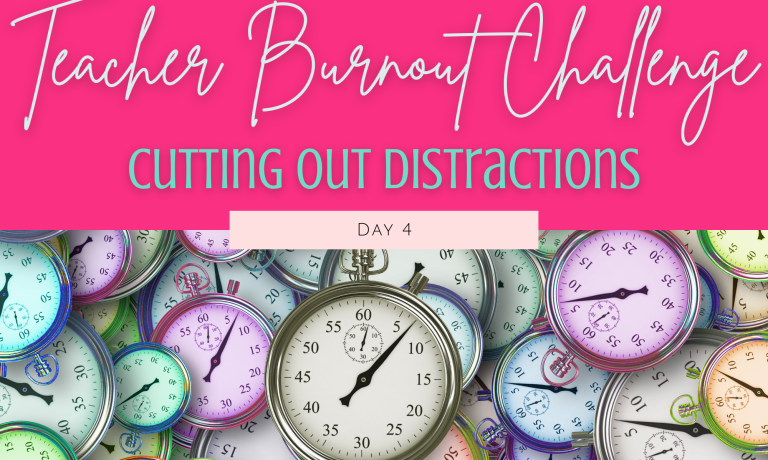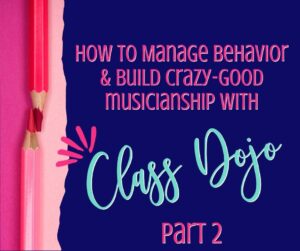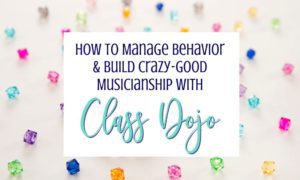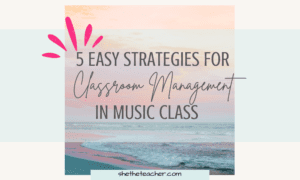At any given time, our senses are being bombarded by distractions. Sights, sounds, smells: all kinds of sensory stimuli and intrusions on our minds, vying for attention daily. Being able to cut out distractions is a valuable tool that gives you the edge in avoiding and combating fatigue.
Be aware of the distractions.
Many people go through life bumping up against sensory distractions, unaware of the impact it is having on them. A friend of mine has a young son who would oftentimes get in trouble every time they family took him out for Chinese food. No matter how much effort my friend and her husband put into setting limits for him and warning him to behave, he would always end up ruining the evening with an outburst. It turned out that the vibrant orange color of the walls in their local Chinese restaurant was causing him to become distracted and overwhelmed. The only way he knew how to let off the steam of his sensory discomfort was to act out.

How many times have you been completely overstimulated at school? Kids are talking, the technology isn’t working, someone spilled a soda on the carpet, you still have to take attendance, your bright classroom lights are giving you a headache and you’re worried about personal things going on at home. As teachers, we live in a CONSTANT state of overstimulation during our workdays.
It is important to realize the impact this constant state of distractions and overstimulation may be having on you. The next time you feel out of sorts, stop and assess your environment. How can you take back a little bit of your control over your classroom and environment?
Let’s talk about that.

Learn to take control of your classroom & personal environment.
Once you start to pay attention to what aspects of your environment are affecting you, you can control that environment and make it work for you. If you are always cold inside your air-conditioned school building, make sure to carry a sweater with you as a rule. If you can’t handle the glare of fluorescent lighting, set up ambient lighting in your classroom. If you are distracted by smells, consider having a favorite scent at the ready that you can enjoy in place of the offensive smell (like your your 7th grade class that comes in sweaty after recess).
If technology is stressing you out, reach out for help from your district IT department for additional training, come up with a protocol for alternative assignments you can jump to if technology flakes out, or work on training a student on how they can help you.
I wrote all about my favorite ways to give my students ownership of their learning in my classroom through jobs HERE. This is a great way to help limit distractions and overstimulation for you as a teacher. It takes practice and lots of instruction at the beginning, but it will SAVE you later in the year.

Teach others (namely, students) how distractions might be hurting them.
Again, most of the world doesn’t pay much attention to what is affecting their senses. The more you become aware of your own distractions, the more you will notice how other people are affected by their own. Be an educator and a champion for distraction-free learning spaces. Teach students how to identify their own distractions and share alternatives that will reduce their fatigue and overwhelm to help make their time more productive.
Especially when considering students with learning difficulties or those with attention deficiencies, your care in managing your stimulation in your classroom will directly impact them.
Consider keeping a journal of your stress level and possible triggers (known and unknown). Consider:
- Smells (and something you can carry or use in your classroom to clean the air. Check with your school for policies regarding this. I am a big fan of quiet air filters or essential oil necklaces that are more limited in their smell.)
- Bright Colors
- Time of day
- Obnoxious sounds/ triggering sounds (for me, its the sound of a new email message. I’ve learned I have to keep that turned off.)
- Specific lessons/activities that just don’t work
- Lighting

Distractions are a thief of productivity and comfort. Over time you may start to feel exhausted and not even know why. Becoming aware of – and cutting out – distractions and additional (unnecessary) stimulation is an excellent way to prevent and diminish fatigue. As teachers, we know we will always exist in a state of moderate overstimulation, but taking care to avoid any unnecessary stress triggers will benefit you in the long run.





